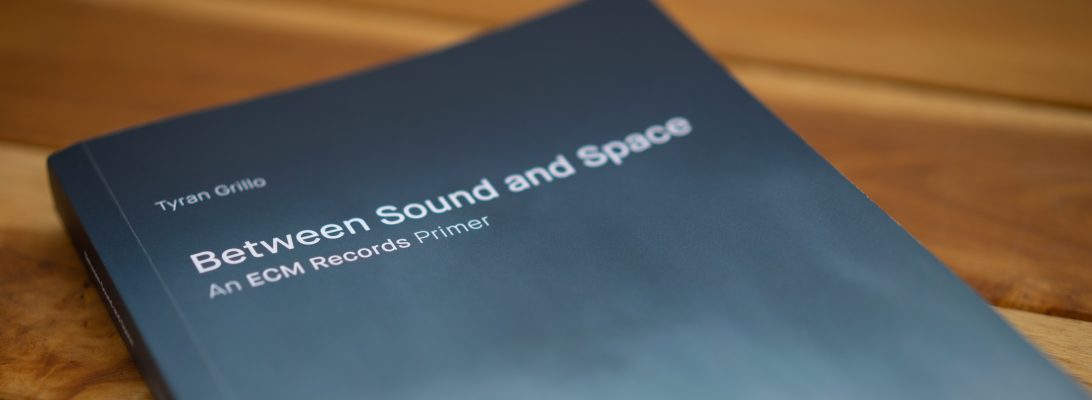Paul Bley piano
Gary Peacock bass
Tony Oxley drums
John Surman baritone saxophone, bass clarinet
Recorded September 1991 at Rainbow Studio, Oslo
Engineer: Jan Erik Kongshaug
Produced by Manfred Eicher
This wondrous date finds pianist Paul Bley, reedman John Surman, bassist Gary Peacock, and drummer Tony Oxley in a blissful state of affairs. Not since the deeply felt Fragments had a quartet so honestly captured the spirit of free jazz at its most humbling. The music on In The Evenings Out There, punning on the Carla Bley tune “In The Mornings Out There,” is a canyon in ECM’s vast improvisatory continent. “Afterthoughts” sets the tone with a voice that whispers like memory yet speaks of the here and now. It moves from somber tears to insistent runs, from horizontal planes to sharp and rugged inclines, in the space of a heartbeat. With “Portrait Of A Silence,” we find that the album is more about space than time, for each facet of this misted jewel is made of various combos. This, the first of two solos from Peacock, reveals a player who knows his instrument like his own body. He explores architectural details of jazz that others too often neglect and grinds them down into handfuls of prayers.
Some of the titles seem arbitrary. “Soft Touch,” for one, brings out some of the album’s sharpest points. Yet one doesn’t listen to such music for track listings. One surrenders instead to the lovely geometric exercise of “Speak Easy” or the full quartet musings of “Interface.” Surman’s timeworn baritone seeks nourishment in the latter’s shadows, bringing us into “Alignment,” which recalls his self-referential solo work elsewhere. His bass clarinet in “Article Four” speaks that same nocturnal language, tracing its own demise like a shooting star. “Fair Share” is a buoyant duet between Bley and Peacock that breathes by the edge of understanding and drops us into a bog of sentiment. Bley offers the album’s final words. The solo “Married Alive” crosses over into explorations with Oxley in “Spe-cu-lay-ting” before ending with “Note Police,” breaking through the clouds at last with unfettered light.
This is an intuitive sort of music-making, brimming with lessons of hardship. Utterly remarkable.
<< Paul Giger: Schattenwelt (ECM 1487 NS)
>> John Abercrombie Trio: While We’re Young (ECM 1489)


